Sharks have long been cast as fearsome predators lurking beneath the ocean’s surface, but their reputation as mindless killers is more fiction than fact. These complex creatures have fascinating behaviors and social structures that reveal a gentler side. Understanding the habits of sharks not only reshapes our perception but also underscores the importance of preserving marine ecosystems where they play a critical role.
1. Socializing With ‘Friends’
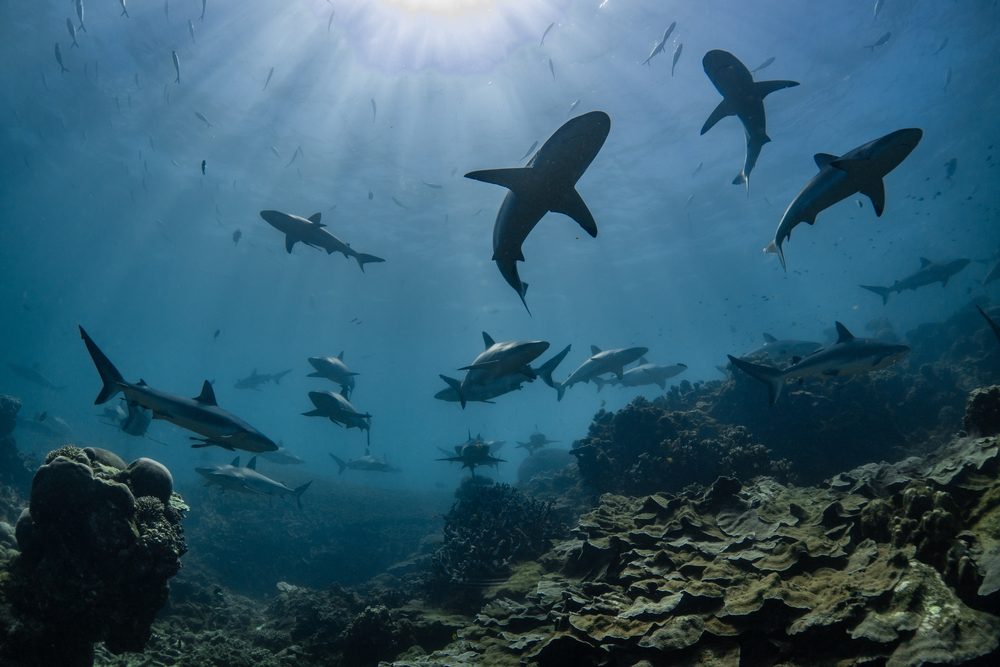
Contrary to their image as solitary hunters, some shark species are known for their social nature. Lemon sharks, for example, often form groups that can serve as protection against predators and help them catch prey more efficiently. According to a study published in the journal “Animal Behaviour,” lemon sharks exhibit social preferences by choosing to associate with specific individuals over time. This social behavior highlights the importance of community even among these formidable creatures.
While sharks are typically seen as lone wolves of the sea, their social schooling behavior challenges that notion. These group formations can even involve a mix of different shark species, displaying their ability to interact peacefully. This social aspect not only helps them survive but also indicates a level of intelligence and adaptability often overlooked. Understanding their social habits can foster greater appreciation and compassion for these misunderstood animals.
2. Showing Their Gentle Side
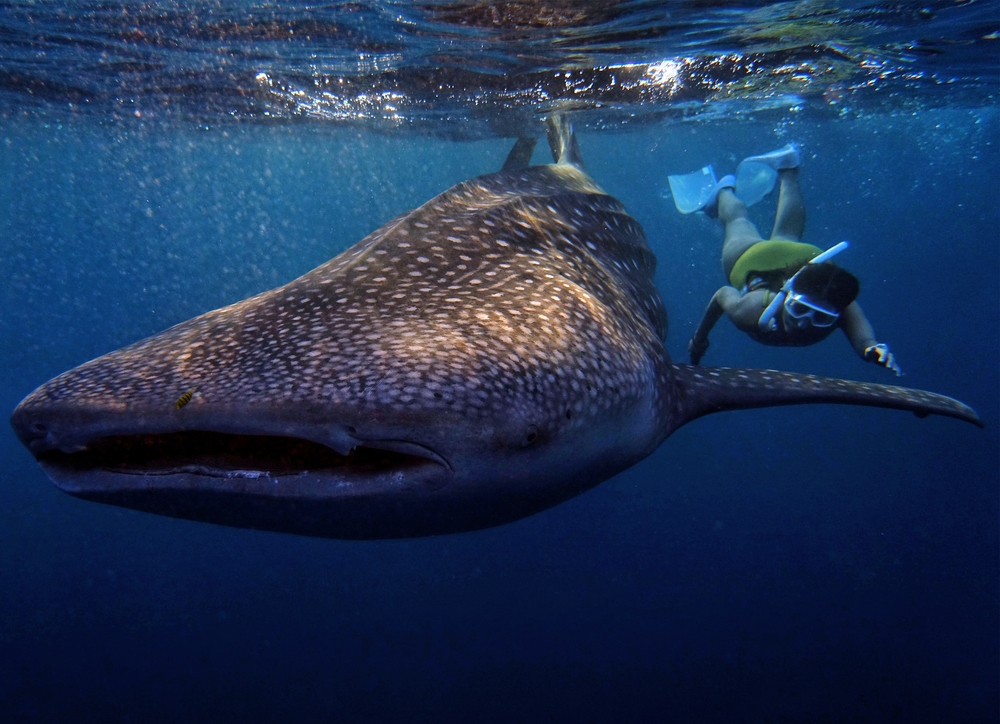
Many people equate sharks with aggression, but some of the largest species are incredibly docile. The whale shark, for instance, is a filter feeder, eating plankton and tiny fish. Despite their enormous size, these gentle giants pose no threat to humans and are often seen swimming serenely through the ocean. They serve as a reminder that size doesn’t always equate to danger and that appearances can be deceiving.
The whale shark’s gentle nature offers a stark contrast to the violent image often associated with sharks. These colossal creatures embody a peaceful coexistence within their environment, emphasizing the diversity of shark behavior. Observing them can be a humbling experience, highlighting the gentle side of nature often overshadowed by fear. Such encounters can shift perceptions and foster a deeper connection to marine life.
3. Being Nurturing Mothers
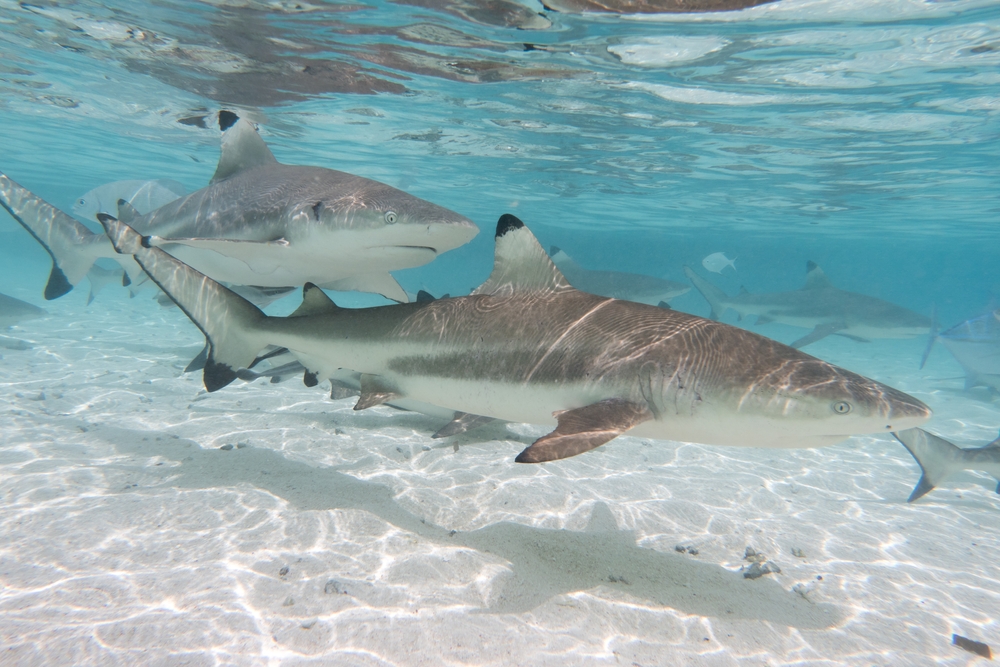
Sharks have varied reproductive strategies, some of which reveal their nurturing side. For example, the hammerhead shark gives birth to live young and is known to migrate to nursery grounds to ensure the safety of its pups. Research published in the journal “Marine Ecology Progress Series” describes how these nursery areas provide a protected environment filled with abundant food and fewer predators. This maternal care reflects the complexity of shark behavior, far removed from the emotionless predator stereotype.
Understanding this nurturing aspect of shark behavior can reshape how we perceive their role within the marine ecosystem. The maternal instincts of species like the hammerhead highlight their commitment to ensuring the next generation’s survival. These practices underscore the intricacy of shark life, where survival often depends on more than just hunting prowess. Recognizing such behaviors helps demystify sharks and reveals the compassion inherent in their nature.
4. Detecting The Right Prey
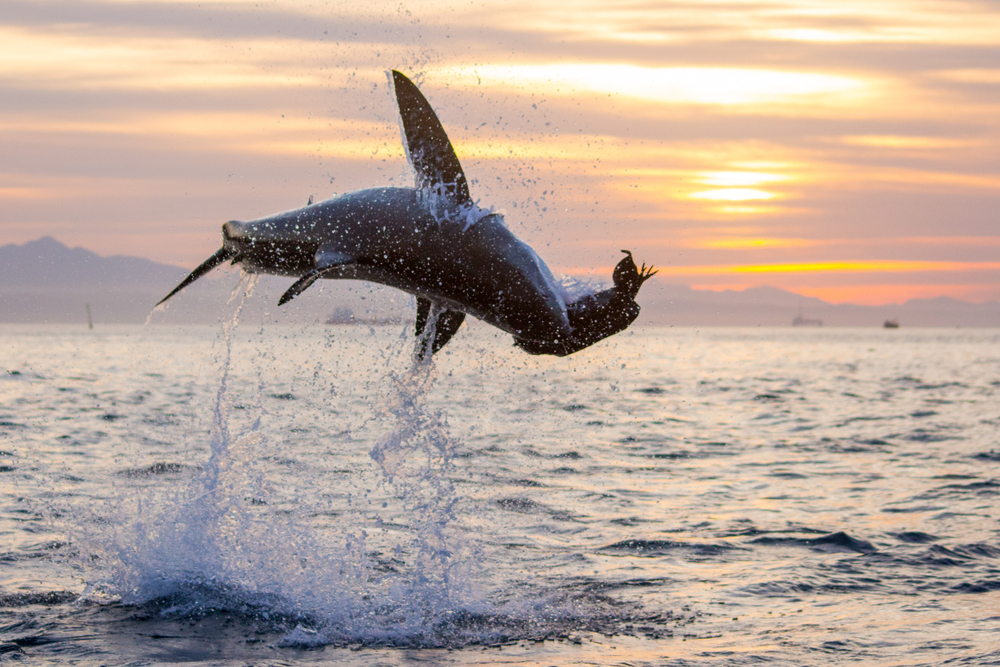
Sharks possess an incredible ability to sense their prey, debunking the myth that they are indiscriminate killers. With specialized organs known as ampullae of Lorenzini, sharks detect electromagnetic fields emitted by other animals. This remarkable precision allows them to home in on their prey with incredible accuracy, often singling out weak or injured targets. Such specificity in hunting showcases their role in maintaining the balance of marine ecosystems.
This precise predation method highlights the intelligence and efficiency of sharks, contradicting the idea that they attack at random. By targeting weaker prey, sharks contribute to the health of fish populations and the overall ecosystem. Their discerning hunting practices demonstrate a level of sophistication that demands respect rather than fear. Appreciating this balance can lead to a more nuanced understanding of their ecological importance.
5. Acting Playfully
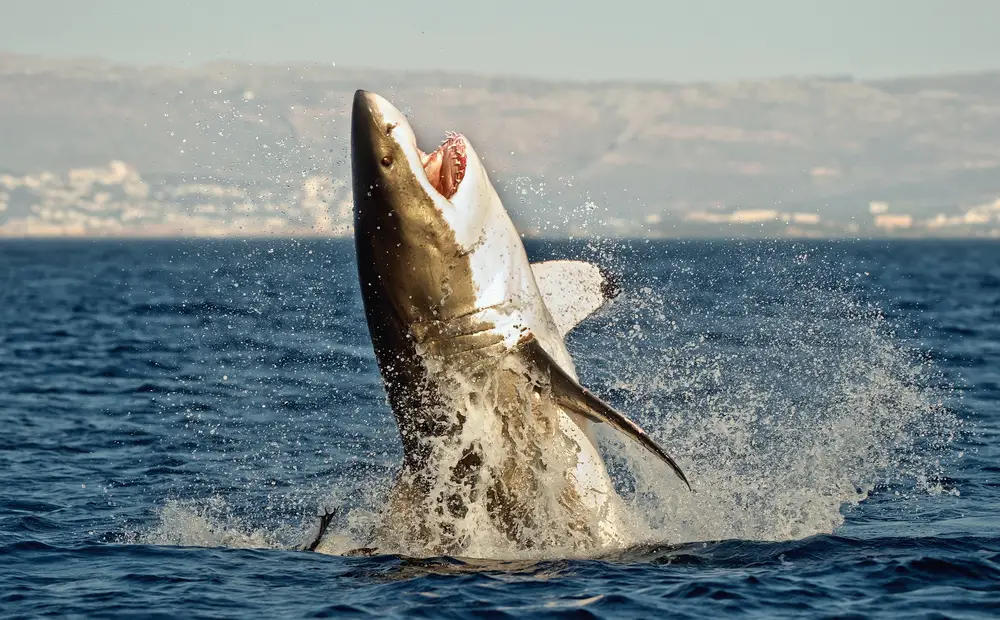
Not all shark behavior revolves around hunting; some species exhibit playful antics as well. The great white shark, for instance, has been observed engaging in what researchers call “breaching,” where it leaps entirely out of the water. A study published in “Marine Biology” found that these aerial displays might not only serve hunting purposes but could also be a form of play. This behavior suggests that sharks, much like mammals, engage in activities for enjoyment and social bonding.
Such playful behaviors challenge the rigid stereotypes often associated with sharks. By demonstrating actions that resemble play, sharks reveal a level of cognitive function that is often underestimated. These acts can be seen as a form of communication or even a way to hone their skills in a non-threatening environment. Observing these playful moments can foster a deeper appreciation for their complex behaviors beyond the predatory instincts.
6. Navigating The Ocean Like Pros
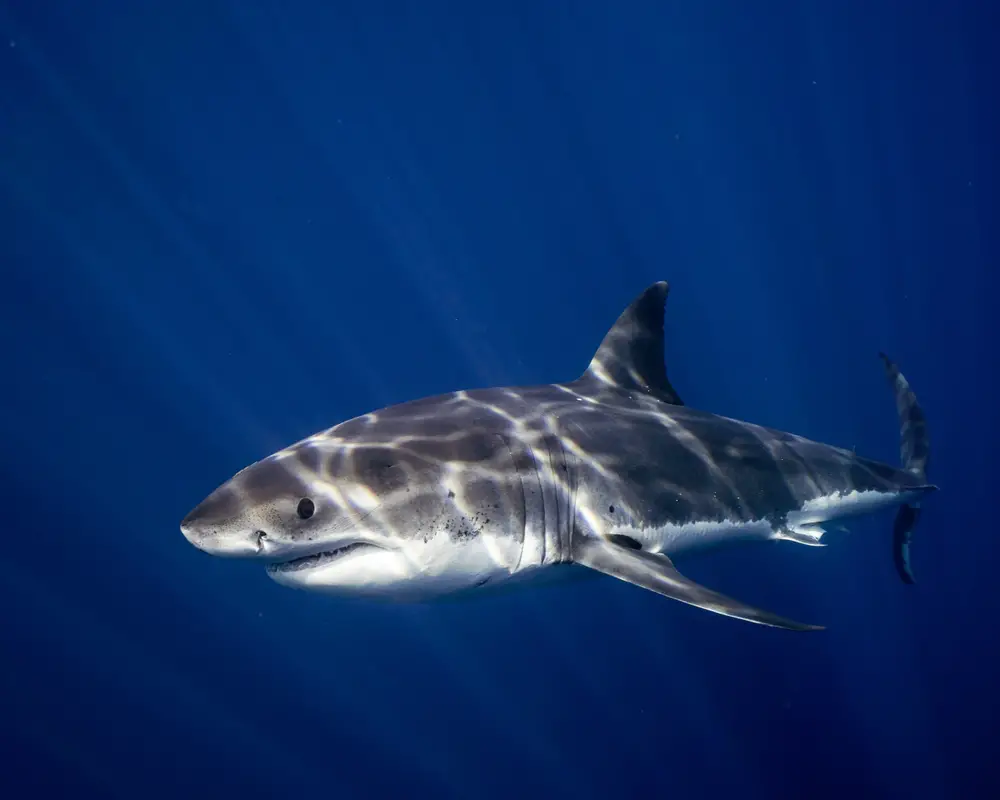
Sharks boast extraordinary navigational skills, allowing them to traverse vast oceanic distances. They rely on an internal compass that utilizes the Earth’s magnetic field, enabling them to travel great distances with remarkable accuracy. This innate ability showcases their adaptation to marine environments and their crucial role in connecting disparate marine ecosystems. Understanding their navigation helps explain how they maintain ecological balance across the ocean.
Despite their fearsome reputation, this navigational prowess demonstrates a gentler side of sharks, characterized by their harmony with the planet’s natural forces. Their ability to navigate efficiently ensures they can find food, mates, and suitable environments for survival. This instinctual skill reinforces the idea that sharks are more than mere predators—they are integral components of oceanic life. Recognizing their sophisticated navigation can shift our perception from fear to admiration.
7. Cooperating During Hunting
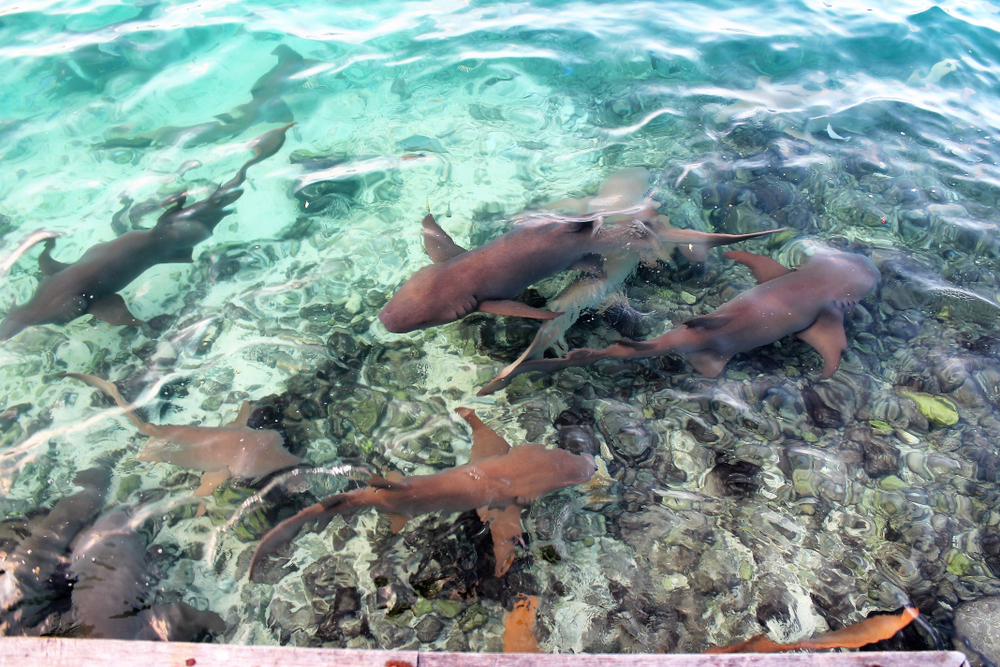
While sharks are often seen as solitary hunters, some species exhibit cooperative hunting behaviors. The blacktip shark, for example, has been observed forming hunting alliances to corral schools of fish, increasing their success rate. A study in “Behavioral Ecology and Sociobiology” highlighted these cooperative strategies, emphasizing the intelligence and adaptability of sharks. This behavior demonstrates their ability to work together, challenging the notion that they are solely aggressive loners.
Cooperative hunting showcases the social dynamics and cognitive complexity within shark communities. These interactions highlight their ability to adapt and innovate in the face of challenges, proving they are far from mindless predators. By working together, sharks demonstrate a level of sophistication that defies their fearsome image. Understanding these collaborative efforts can foster greater respect and empathy for their role in the marine world.
8. Protecting Coral Reefs
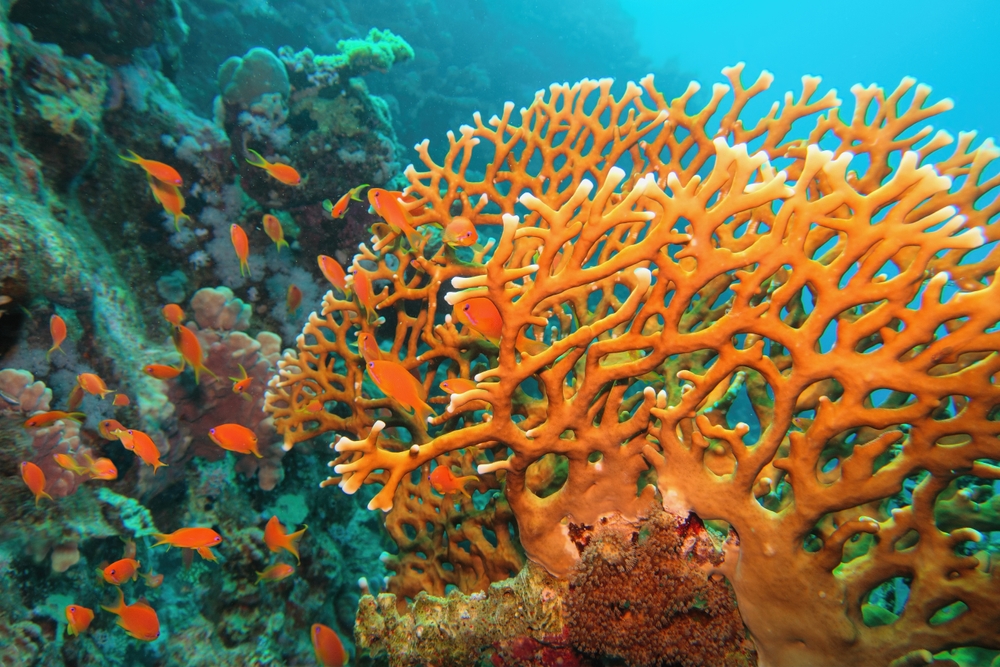
Sharks play a vital role in maintaining the health of coral reef ecosystems. As apex predators, they help regulate the populations of various marine species, preventing any single group from overwhelming the ecosystem. This balance ensures the biodiversity necessary for coral reefs to thrive, underscoring sharks’ importance beyond their predatory capabilities. By preserving coral reefs, sharks indirectly support countless marine species, including those vital to human economies.
Guardianship of coral reefs exemplifies the crucial ecological role sharks play in oceanic environments. Their presence signifies a healthy, balanced ecosystem, challenging the notion that they are ruthless killers. By regulating marine life populations, sharks contribute to the vibrant biodiversity that attracts divers and sustains local fisheries. Understanding this guardianship can prompt a reevaluation of their contribution to marine health and sustainability.
9. Showing Their Resilient Side
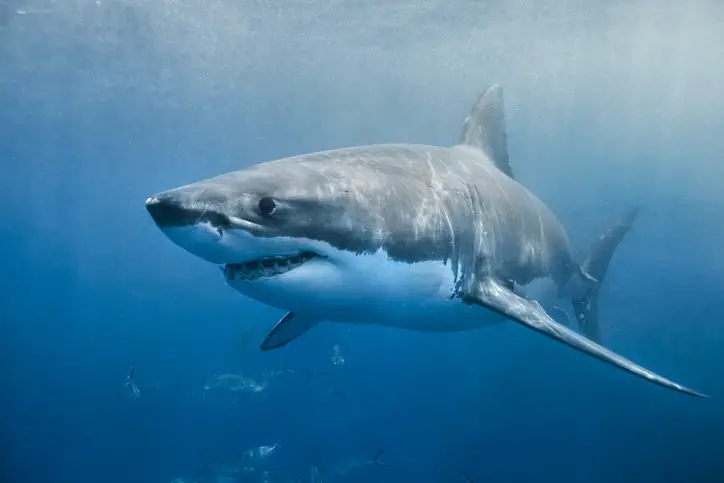
Sharks have existed for over 400 million years, showcasing their incredible adaptability and resilience. They have survived multiple mass extinction events, demonstrating their ability to endure drastic environmental changes. This resilience is attributed to their diverse adaptations, from efficient hunting techniques to complex reproductive strategies. Understanding their evolutionary history reveals sharks as survivors rather than mere predators.
Their long-lasting presence on Earth highlights the resilience and adaptability that define sharks. This survival story emphasizes their role in the marine ecosystem as enduring figures rather than fearsome foes. By appreciating their evolutionary journey, you can develop a deeper respect for their ability to thrive in changing conditions. This perspective might inspire a shift from seeing them as threats to valuing them as crucial parts of oceanic heritage.
10. Engaging In Their Nighttime Routine
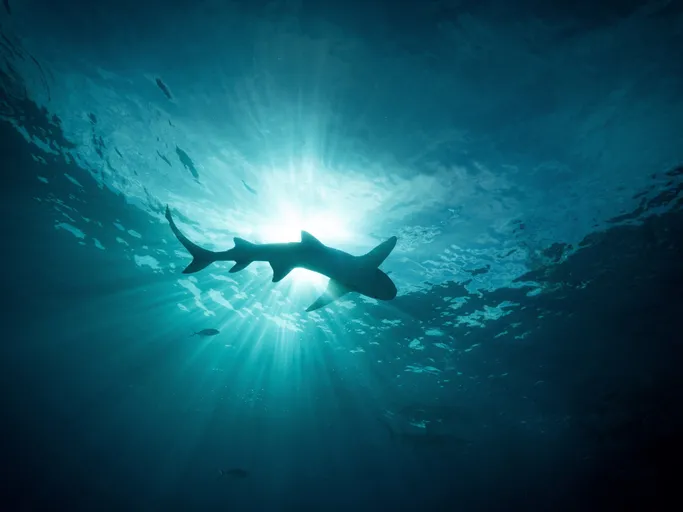
Many shark species are more active at night, contradicting the idea that they are mindless hunters prowling the seas at all times. This nocturnal behavior allows them to exploit the reduced visibility to hunt more efficiently and avoid human activity. During the night, sharks can navigate and hunt with enhanced precision, showcasing their adaptability to varied environmental conditions. Understanding their nighttime habits reveals a strategic and calculated side often overlooked.
This nocturnal behavior highlights the intelligence and adaptability of sharks as they exploit the darkness to their advantage. Nighttime activity not only aids in hunting but also helps them avoid potential threats, including humans. This strategic adaptation exemplifies their role as nuanced predators rather than indiscriminate threats. Recognizing such behaviors can lead to a more balanced understanding of their place within marine ecosystems.
11. Maintaining Symbiotic Relationships
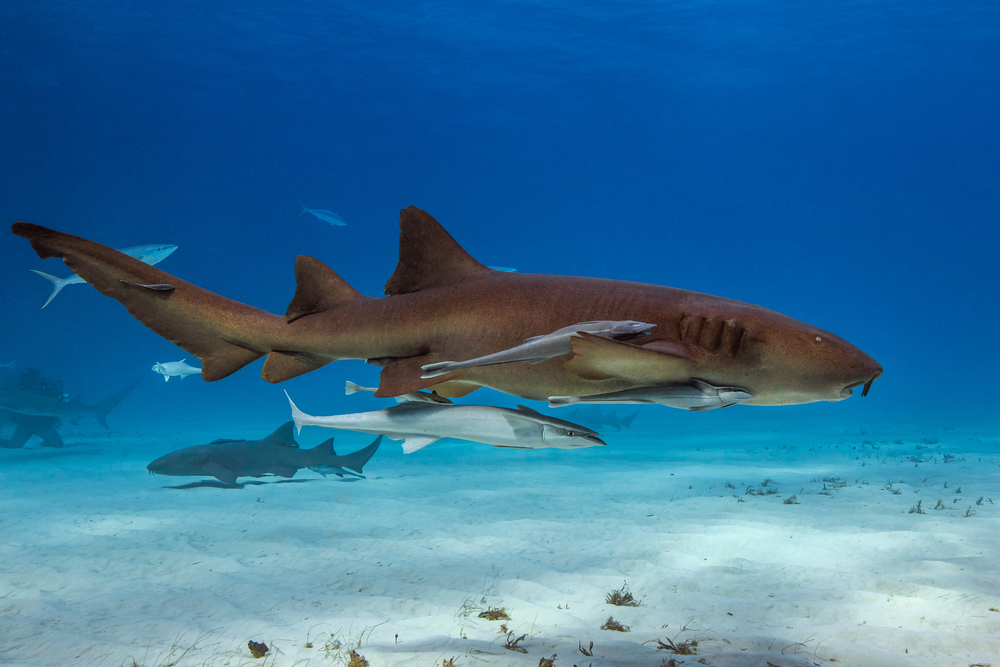
Sharks maintain symbiotic relationships with various marine species, indicating their role as more than just predators. For example, remoras often hitch rides on sharks, feeding on parasites and leftover food particles. This partnership benefits both species, showcasing the interconnectedness prevalent in marine environments. Understanding these relationships reveals the cooperative dynamics that challenge the notion of sharks as solitary hunters.
Such symbiotic relationships illustrate the complexity of interactions within marine ecosystems. Sharks provide remoras with transportation and food, while remoras help keep sharks clean and healthy. This mutualistic relationship underscores the interdependent nature of ocean life, emphasizing cooperation over competition. Recognizing these connections can shift perceptions from fear to an appreciation of their role in fostering marine biodiversity.
12. Acting As Environmental Indicators
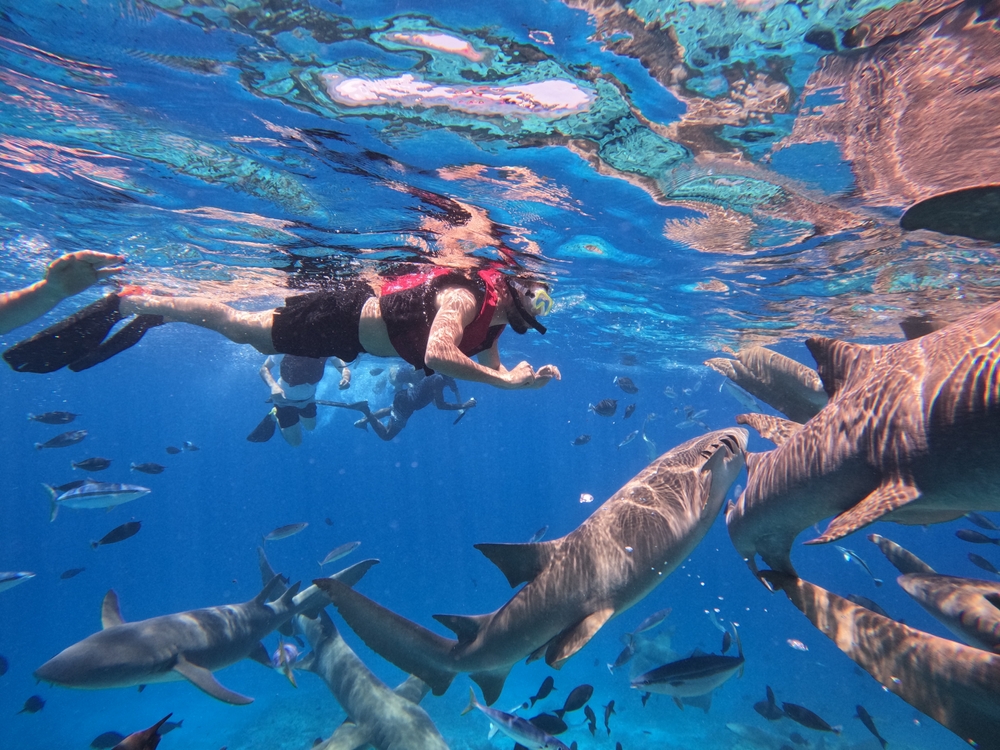
Sharks serve as vital indicators of ocean health, reflecting the condition of marine ecosystems. As apex predators, changes in their populations can signal shifts in the balance of marine life, providing crucial information for conservation efforts. Their presence or absence can indicate the health of the entire ecosystem, aiding efforts to protect and preserve ocean environments. By serving as environmental indicators, sharks highlight their importance beyond their predatory role.
This ecological role as indicators challenges the notion that sharks are merely dangerous predators. Their ability to reflect the health of marine ecosystems underscores their significance in conservation efforts. Understanding their role in indicating environmental health can foster a greater appreciation for their ecological importance. By shifting focus from fear to environmental stewardship, you can contribute to efforts that ensure the future health of our oceans.
